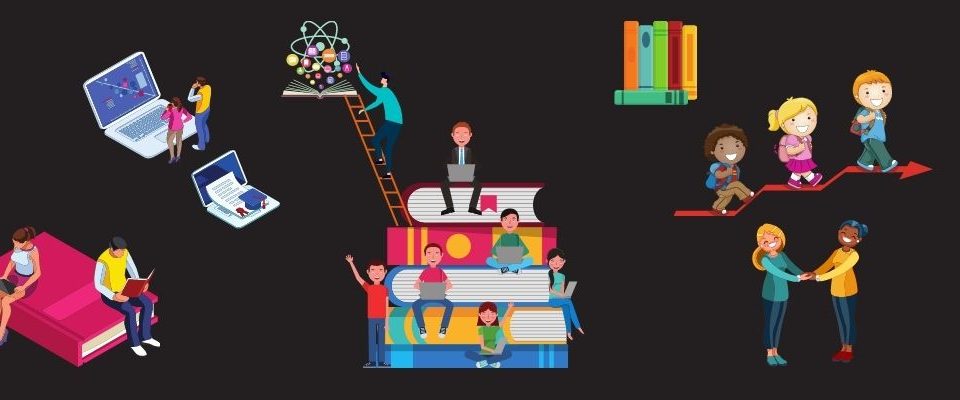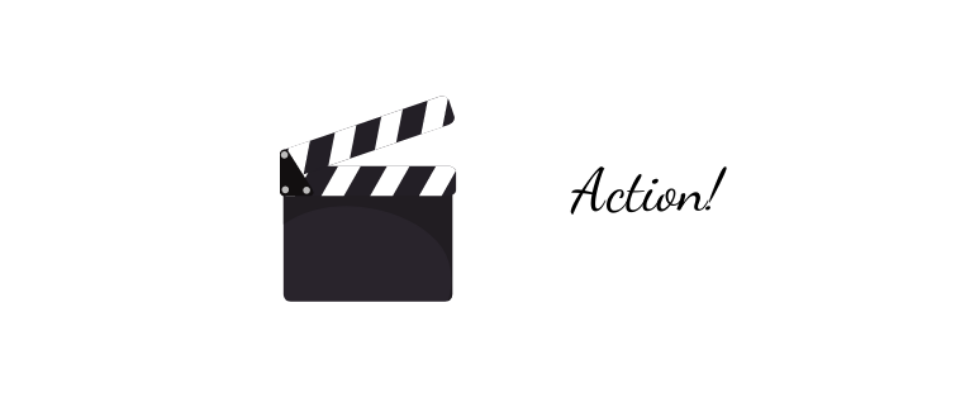One summer evening I was watching the heart-warming movie led by Tom Hanks, “A Beautiful Day in the Neighborhood”, about Mr. Rogers. Throughout the movie I was mesmerized by Mr’s Roger’s authenticity and kindness, and there is a specific scene that I liked. In that scene Mr. Rogers was talking with a journalist on the phone:
“Do you know what is the most important thing in the world to me right now?”, said Mr. Rogers.
“No”, replied the journalist.
“I’m talking to you so right now and you are the most important person to me. Our conversation is the most important thing to me right now.” Mr. Rogers added.
I found myself thinking about people like Mr. Rogers. A person with high sensitivity and talent that treated other people with a generous amount of kindness, understanding and patience. He was also living in the complexity of human nature;he had a dark side like the rest of us, but he chose every single day to deal with it. Every morning he would wake up to swim and pray for others so he can clear his head.
I am not pretending to know Mr. Rogers or to say that the events in the movie are 100% real. I am saying that that scene inspired me to reflect on my own listening skills. I have been walking on this Earth for the better part of my life being cocky that I am empathic and my listening skills are great. One day I found myself doing the grocery list in my head while someone was talking. Another time I spotted myself fidgeting about something on the internet and I grabbed my phone in the middle of a conversation. My own behavior made me question my listening skills.
Why should you improve your listening skills?
Have you ever talked to someone so calm and interested in your story that you felt like you were special? If yes, you have interacted with a rare human being. Active istening is a skill that encourages openness, honesty and success and it’s incredibly hard to practice! Fortunately for us, this is a skill that can be learned.
Some of you might think that you are great listeners, you do it every day! But are you listening effectively? Here are some questions to put that to the test:
- Do you always focus 100% on the person in front of you or do you also have an internal dialogue while the person is talking?
- Did the story you hear made you think about a story of your own and distracted you from listening?
- Do you nod and try to repeat what the person is saying so you check if you understood it correctly?
- Do you ask enough questions?
- Do you leave room for pauses, silence and feeling in the conversation?
- Do remember the main topics you would like to reply to instead of interrupting?
- Do you want for the person in front to finish faster so you can immediately reply?
- Have you ever picked up your phone in the middle of a conversation?
- Have you been in a bad mood that you couldn’t listen to anyone else? How was your body language while listening?
Even decent listeners have trouble with keeping up with a story or with focusing on one conversation.
I am striving to educate myself and improve the way I listen to my colleagues, my partner, my family and even a complete stranger. I must admit that listening 100% is very hard. I just end up beating myself up not being a good friend, partner, or human. I wouldn’t want people to listen only to half of the things I say! I want people to look me in the eye when I am talking to them and to nod, join the conversation, and ask questions. How do you want to be listened to?
What makes us bad listeners?
1. We are distracted
Are we even aware of how distracted we are? It’s exhausting to wake up in the morning knowing so many people and things in your life require your undivided attention. And guess where that leads you? To your attention being divided!
There is so much noise out there: wondering thoughts, preoccupation with personal problems, likes or dislikes for the other person, preconceived ideas, sarcasm, biases, prejudices, presuppositions, close-mindedness, sounds in the environment, confusion over the meaning of a word, acronyms, jargon, technical terms, speaking too fast/slow, not speaking to the experience and knowledge of the receiver.
2. We assume instead of asking questions or repeating
How many fights did you have because you or your partner assumed something instead of asking? I have learned after many arguments with my husband that assuming is very dangerous and can lead to many stupid fights; I am talking baout fights that are so stupid that you can’t believe that you spent so much time and energy on that argument.
The best way to handle assumptions is to ask questions: “what do you mean exactly?”, “can you give me a specific example? I am trying to understand”, “do I do this always or just sometimes?” and so on. Try to understand when that person is coming from and try to understand the whole picture.
3. Engaging into topics we are not interested in!
You think you are kind and polite, while in reality this is just another form of lying. You and the other person don’t deserve to spend any time in this one way conversation!
4. We are not assertive
Imagine you are very tired and someone wants to talk to you about their day- do you 1) listen and try not to fall asleep, 2) tell them on a rude tone that your tiredness is more important than their story, or 3) apologize for not being 100% able to listen to them and agree on another time to talk?
Being assertive is point no. 3. I say it’s better to manage expectations about your ability to listen properly and give them the right amount of attention.
How can we actively listen?
1. Understand the three levels of listening
We all need to know where we are and where we are going. The three levels of listening are the perfect guidelines to how bad of a listener we are.
1.1. Internal Listening (focused on Self), listening to speak.
This is the stage where we are not even listening to other, but thinking about the next thing that we want to say. This makes the other person feel like you only like to hear yourself speak, rather than engaging in a healthy conversation where there is reciprocity and understanding. Might as well talk to yourself in the mirror when you are alone than waste people’s time!
1.2. Focused Listening (focused on Other), listening to hear.
We can move from level one to level two, only if we are motivated. This rare event doesn’t happen often, it really depend on who we are with (e.g. when we are on a first date). If we truly want to become great listeners — and it will serve us well to do so — we have to motivate ourselves to listen intently to every person, not just some.
1.3. Global Listening (focused on context, and what isn’t being said), listening to understand.
This is the highest level of listening and few of us can get here without intentional practice. At this level we are not only paying attention to what others are saying, but also what they mean. People say things all the time but often fail to convey the underlying feelings or thoughts behind their words.
2. Understand that we think four times faster than a person can speak!
This means that we need only about 25% of our mental capacity to hear the content of the message. We have 75% left, so our mind wanders. a good way to refocus is to vizualize the events that the other person is describing, taking conscious notes for yourself and maybe for later. You can pay attention to the body language, tone of voice, or be aware of your words and of how you feel in that conversation. Now don’t analyze too much, just try to stay on topic even if you do have so much mental capacity.
3. Be aware of empathic listening
This is mainly because most of us would rather talk than listen. It’s more complicated than basic listening because empathetic listening is often required when the speaker is in pain, angry, or upset. We can express a lot through our body language, eyes and gestures so the person in front feels like you have created a safe space to share feelings and feel comfort.
What do active listening gurus advise?
- Go in the conversation with a complete lack of judgement (using phrases such as ‘I understand’ and ‘I see’),
- Give your full attention (you have to be ‘present”).
- Focus on both facts and feelings (the words behind the words, bodylangauge and non verbal communication)
- Acknowledge feelings, not just the words.
- Demonstrate that you are listening (mirror their body languag, nodding to encourage speaking)
- Give the speaker space to speak (no need to fill every pause).
- Clarifying, summarising, reflecting and paraphrasing. Much of empathic listening is about what is NOT being said. It is therefore even more vital than usual to check your understanding—including of the emotional aspects. Naming emotions is powerful, and can be very helpful to the speaker, especially if they are struggling to do this.
- Let the speaker lead the conversation. As we said before, empathic listening is more of a therapeutic technique. It is therefore not really about an equal conversation. Instead, you should let the speaker lead the conversation, including setting pauses, or showing you when they want you to speak.
- Respond appropriately when it is required. The final element of any effective listening is responding. This might be through silence, or it might be by providing your view, or some other feedback. Good empathic listeners are able to give the right response at the right time.
A little challenge before we go…
Choose one person from your circle and try to listen to them more actively. Use some advice from this article. How does it feel? How did they feel?
Happy listening!
Alina




